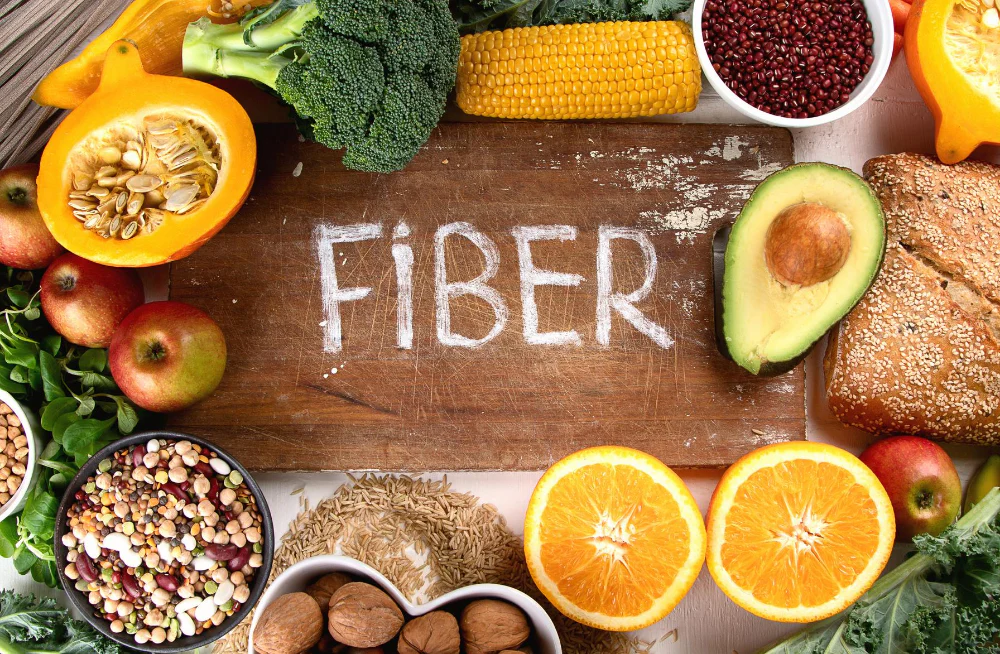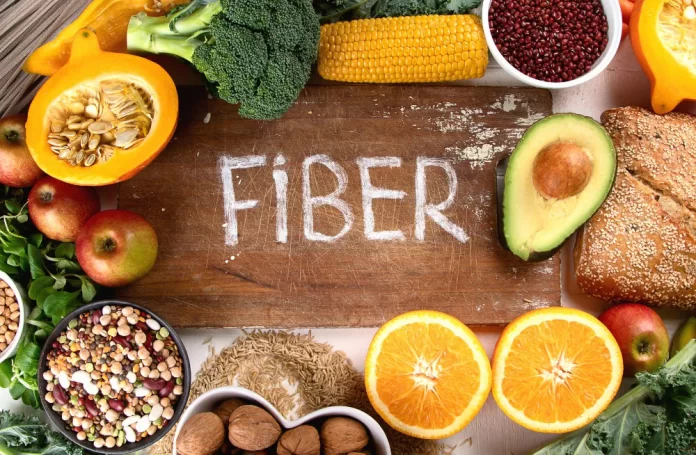
As we age, maintaining brain health becomes a high priority. Surprisingly, one of the keys to supporting cognitive function may be found in the fiber we consume. A growing body of research suggests that taking a daily fiber supplement could have positive effects on brain function in older adults.
Understanding the Link Between Fiber and Brain Health
The connection between dietary fiber and brain health lies in the gut-brain axis, a communication pathway linking the gastrointestinal tract and the central nervous system. Fiber, which is indigestible by human enzymes, serves as a primary food source for beneficial gut bacteria. When these microbes ferment fiber, they produce short-chain fatty acids (SCFAs), compounds with potent anti-inflammatory properties that are crucial for brain health.
The Role of Short-Chain Fatty Acids
SCFAs such as butyrate, propionate, and acetate can cross the blood-brain barrier and may play a role in:
- Reducing inflammation: Chronic inflammation has been linked to neurodegenerative diseases like Alzheimer’s and Parkinson’s.
- Supporting the growth of new brain cells: SCFAs may aid neurogenesis, especially in the hippocampus, a region critical for memory and learning.
- Regulating appetite and metabolism: Proper energy metabolism is essential for brain function, and SCFAs help in managing energy usage.
Fiber’s Impact on Gut Health and Mood
Another aspect of fiber’s impact on the brain is its effect on gut health. A healthy gut microbiota is associated with a reduced risk of mood disorders such as depression and anxiety, which can affect cognitive function. By aiding gut health, fiber supplements could also indirectly support brain health through emotional well-being.
Choosing the Right Fiber Supplement
When considering a fiber supplement, it’s important to opt for one that provides a balance of both soluble and insoluble fiber:
- Soluble fiber, found in oats, nuts, seeds, and legumes, dissolves in water and helps to regulate blood sugar levels and cholesterol.
- Insoluble fiber, commonly found in foods like wheat bran, vegetables, and whole grains, helps to bulk up stool and prevent constipation.
A quality supplement should provide a mixture of the two, catering to overall gut health, which in turn may benefit brain function.
How Much Fiber Do Older Adults Need?
The recommended daily intake of fiber is 25 grams for women and 38 grams for men. However, dietary intake surveys suggest that many adults do not meet these recommendations. A fiber supplement can help bridge the gap, but it’s important to increase fiber intake gradually to avoid digestive discomfort and to drink plenty of water.
Precautions and Considerations
While fiber supplements can be beneficial, it’s best to consult with a healthcare provider before starting any new supplement regimen, especially for those with existing gastrointestinal issues. Integrating fiber supplements into a diet should also coincide with an overall approach that includes balanced nutrition, physical exercise, and cognitive activities.
In summary, a daily fiber supplement has the potential to support not only gut health but also cognitive functions in older adults. With the careful selection of the right type and amount of fiber, older adults can take a simple yet effective step towards preserving their brain health as they age.

